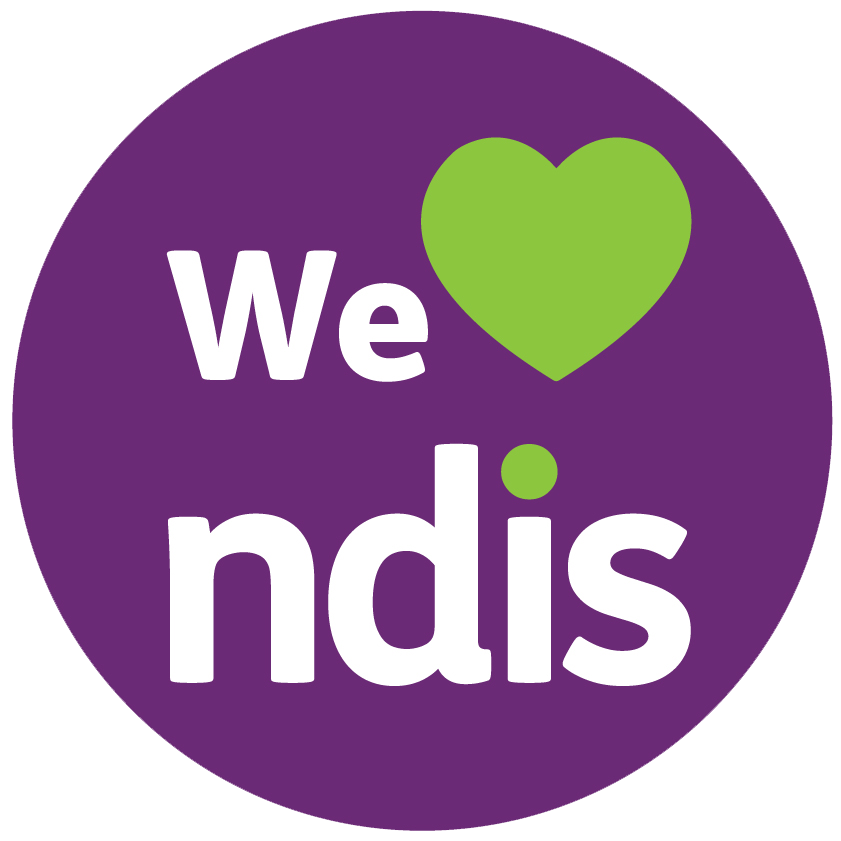Autism and Occupational Therapy
Occupational Therapists use a holistic approach and perspective to work with individuals to support them to promote health, well-being and independence. This is done by enabling and empowering people with a disability, injury or disorder to complete their activities of daily life. This includes self-care activities, social activities or supporting with study and/or employment.
The term ‘occupation’ is used to describe all the everyday things we do in our life roles, but also the things we do to be who we are, the things we do to create a meaningful life and to engage with wider society and culture (OT Australia).
Vivir Healthcare occupational therapists are able to support both children and adults with autism to improve how they communicate, relate to others and complete everyday life tasks important to them.
What is Autism?
Autism also known as Autism Spectrum Disorder (ASD) is a neurodevelopmental disorder that is characterised by difficulties in social skills, communication, interests, and repetitive or restricted behaviours and can also include difficulties with activities including sensory processing difficulties.
ASD is sometimes accompanied by other forms of disability including learning or intellectual impairments and whilst Autism is a lifelong condition, occupational therapists can help people with ASD to develop their skills, strengths and adapt their environment to improve functional independence and support people achieve their NDIS goals and live life to its fullest.*
*Information on What is Autism is available at www.autism.org.au
How can Occupational Therapists support someone with Autism?
At Vivir Healthcare, we understand that each person is an individual and our occupational therapists ensure that each assessment and support provided is tailored to each person ensuring a full holistic approach to occupational therapy. We can complete various assessments such as Initial Assessments for ongoing support, Functional Capacity Assessments (FCA) to identify all support needs and recommendations to achieve these and Supported Independent Living Assessments (SIL) if further assessment to support housing is required.
We work closely with the individual with ASD, parents, family members, teachers, employers, and other health professionals such as speech therapists to implement strategies that can develop, adapt, modify or regain skills that someone with ASD finds challenging and help them to work towards achieving their NDIS goals. This includes the completion of an initial assessment allowing the Occupational Therapist to assess areas such as cognitive skills, interactions with others, motor skills, sensory processing and emotional regulation. This helps identify both strengths of the participant and barriers that prevent them from achieving independence in meaningful activities and identifies the level of support needed to overcome these challenges. Every person experiences ASD differently, has different support needs and as a result, requires different skills at each stage of their life from childhood through to adulthood which is reflected in Vivir Healthcare’s assessments and approach in supporting the person with ASD.
Through the use of assessments completed in person (at home, school, work or place of choice) or through the use of telehealth, Vivir Healthcare OTs develop a therapeutic program to help the person achieve their goals. During any ongoing therapy sessions, the participants Occupational Therapy goals and therapeutic intervention provided are reviewed and modified as the person progresses and goals are achieved. Examples of goals and skills may include:
- The improvement of daily living skills
— including but not limited to dressing, toileting, bathing, mealtime skills, development of a healthy sleep routine, cleaning, shopping, using public transport, understanding and managing finances or meal preparation tasks.
- Identifying any sensory processing difficulties — including identifying how the person recognises and processed information from their senses, taste, touch, sound, smell, body awareness and movement. It is important to understand sensory processing to allow the OT to support in decreasing the impact of high sensitivities and seeking behaviours.
- Communication, play and social skills
– exploring taking turns, engaging in social cues, how to play with toys or use I.T. equipment if of an older age, develop social skills to interact with others and build meaningful relationships,
- Fine motor skills
– improvement of handwriting, dressing tasks such as tying shoelaces, buttons, opening a lunchbox, manipulating small everyday objects or toys.
- Gross motor skills – balance, coordination, posture control, body awareness and position in space.
- Cognitive functions – including memory, attention, safety awareness, and problem-solving.
- Well-being – supporting to engage in the local community, attend social groups, after-school activities and self-help.
Through the implementation and development of the above skills and goals identified, occupational therapists can support someone with ASD by giving them the tools and skills to develop their self-esteem, confidence, independence, self-determination and help them reach their full potential to live a happy and meaningful life.








